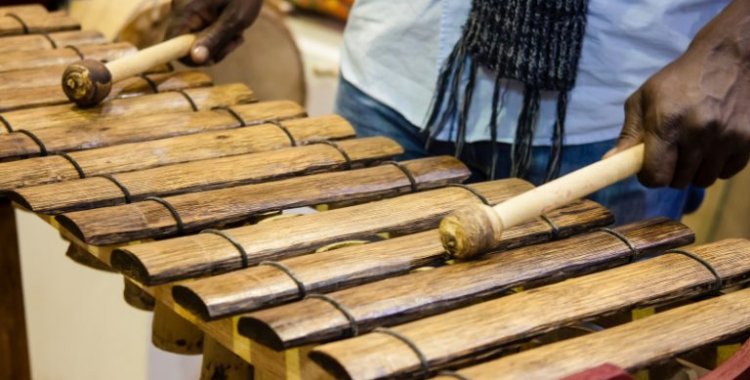The Marimba project is an initiative of the Portuguese producer Soundsgood, with funding from the PROCULTURA Program, from the EU and from the Camões-Institute for Cooperation and Language, and which involves partners in Timor-Leste, Angola, Mozambique and Guinea-Bissau.
PROCULTURA has as its general objective the promotion of employment and income-generating activities in the cultural sector of Portuguese-speaking African Countries (PALOP) and Timor-Leste.
In Timor-Leste, where the Max Stahl Audiovisual Center in Timor-Leste (CAMSTL) is a partner – the archive bequeathed by the journalist who died about a year ago – the Marimba project is committed to training to provide the country's music sector with more capacity.
It is about covering "all links in the value chain of the music sector", from research to internationalization, in the four countries covered, according to a note from the producers.
Its objective is to enhance musical production in the four countries, "through its research, digitization, promotion and international distribution of phonographic products and associated artists".
At the same time, it wants to contribute "to the rescue of the cultural identity of the countries and regions involved and its dissemination, thus contributing to the socio-economic inclusion of women and the sustainability of the sector's agents".
Project data was presented at a press conference at CAMSTL, led by the centre's executive director, Eddy Pinto, and producer Claudio Savaget, who highlighted the importance of training, starting in early November.
The project's name is inspired by the marimba, an instrument inspired by the African xylophones still used today and originating from the Indonesian gamelans of the 1st century, whose rhythms also influenced the music of Timor-Leste.
"It is a project that aims to help enhance the music produced in Timor-Leste, recognizing the role of music as a very important factor for societies", said Eddy Pinto.
Claudio Savaget said the training covers aspects such as copyright, music marketing and positioning.
The training includes modules to "equip trainees with tools that allow them not only to record, digitize and archive this heritage, but also to preserve it and disseminate it to future generations", he said.
Part of the training involves "endowing the trainees with technical knowledge in terms of musical creation and poetic expression, as well as offering them relevant information on the functioning of the music industry in order to enhance the creation of new jobs", he added.
In general terms and in the four countries, the project includes a digital platform, the Marimba Academy (for training and capacity building), a guide for PALOP-TL musicians and a program for research, study and classification of musical heritage (Marimba Heritage).
The program also includes a system for marking and distributing music from PALOP-TL internationally, a new music publisher, based in Mozambique (Marimba Sounds) and a program to encourage the creation of new creative businesses for women.
There will also be a contest for young creators (Marimba Challenges), a professional meeting and marketing event, promotion activities and the creation of the Marimba Association to ensure post-project sustainability.







